Yajurveda Yajnam, also known as Othukottu still conducted to preserve ancient Vedic elements
Apart from several cultural events and temple festivals, there are many local customs which have been traditionally followed for many centuries. Yajurveda Yajnam, also known as Othukottu can be categorized under this category. In Shodasakriya Vrithi (in Vedic style), different groups – Rigvedis, Samavedis and Yajurvedis preserve their own Vedic elements through a custom called Yajurveda Yajnam. Othukottu is done for the prosperity of family and locality, without any selfish thoughts or expecting any profits in return. It’s done for a social cause, for the prosperity of country and betterment in the field of education and studies for everyone.
Othukottu conducted by priests of Brahmin families
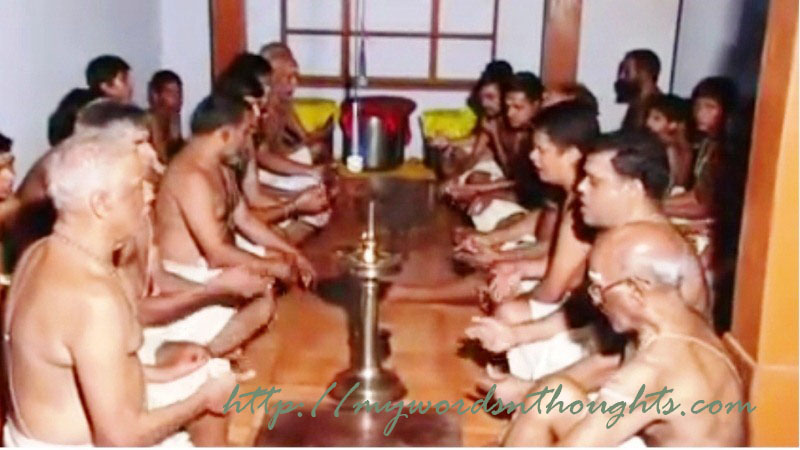
This Vedaparayana Yagnam (process of reading Veda) may last for weeks and months. The participants should repeatedly read Veda at least 64 times throughout this whole process. After this process they will be able to by-heart Veda consisting of more than 500 pages. That’s the highlight of this ritual. The group consists of small children to senior adults, and they utter the hymns in a unique rhythm.
The participants are allowed to read based on their knowledge in Veda. When a Brahmin child completes the first phasic of Vedic learning and Upanayanam, he can participate in the Yajnam. It starts from early morning and continues to late midnight, and only 3 intervals are provided in between – for meals and evening prayers (sandhya vandhanam).
Only two temples in Kerala perform Yajurveda Yajnam now
Decades back, this custom was performed in many temples across the state. But now, it’s conducted only in Mithranandapuram Vamanamurty Temple of Thrissur and Sree Krishna Temple of Rapal, Irinjalakuda. The custom is 1300 years old in Vamanamurty Temple conducted once 3 years, and 600 years in Rapal Krishna Temple, where the ceremony is performed once in every 6 years. Sometimes, the ceremony may last up to 3 months in Rapal.
In Kerala, only 6 priest ancestral families (Vaidika Kudumbam) exist in Kerala. 5 of them including Panthal Mana conducts Yajurveda Yajnam in Rapal. The ghee which is worshipped for 3 months continuously will be distributed to devotees. In Vamanamurty Temple too, Othukottu is performed for 3 months before the idol of Vamanamoorthy. If the ghee which has heard the chants is consumed, it’s believed to bring prosperity in family and married lives, offspring and prosperity in studies of children too. As this ghee is high in demand, devotees need to do advance booking, and the sacred ghee is distributed on the final day on the completion of rituals. A custom to preserve Vedas, it’s still traditionally followed by these temples since many centuries.
A few legends behind Yajurveda and Yajurveda Yajnam
As per legends, divine Veda was first transmitted from the great sage Bruhaspathi, who later gave vedic lessons to Indra, and from Indra to Bharadwaja and from Bharadwaja to many other sages. The Veda, which was once a single work was divided into 4 sections by Saint Vyasa in the Dwaparayuga. Chants used for performing yagas were codified and given the name Yajurveda and advised this to Vysambayan who later passed over it to numerous disciples. Among his disciples, Thithiri propagated a particular portion of chants to others, which later came to be known by name Thaithireeyam. There are 83 chapters in Yajurveda which imclude 44 main chapters and 39 sub chapters. Only 44 chapters are used now for Othukottu, which is now recited as a sort of protection and preservation of Veda, as advised by Lord Siva.
You can read a few more articles related to rituals, offerings, customs and celebrations, mostly associated with temples across across Kerala. Here is the page link. Click on the images in the gallery to read



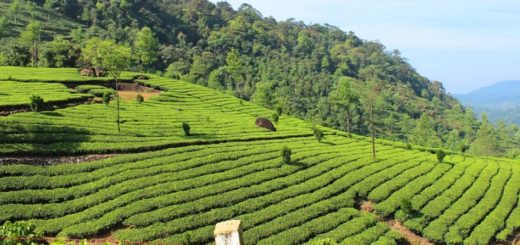


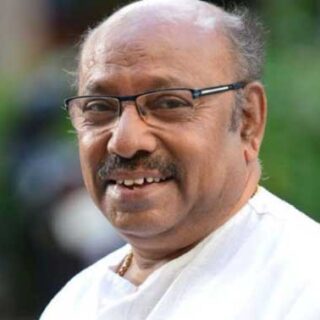

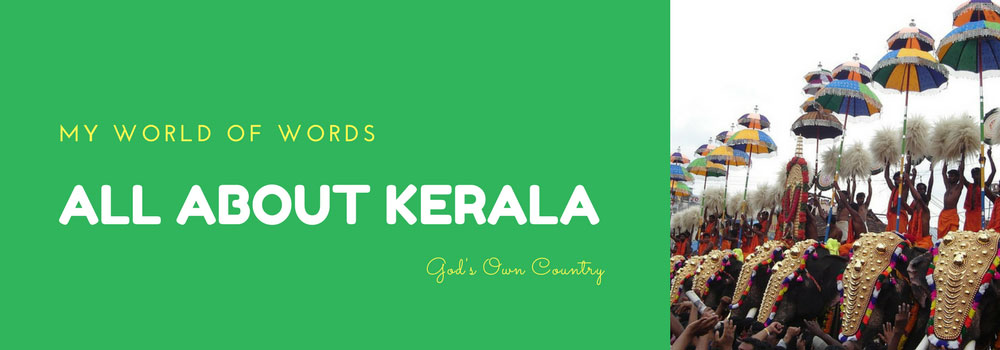
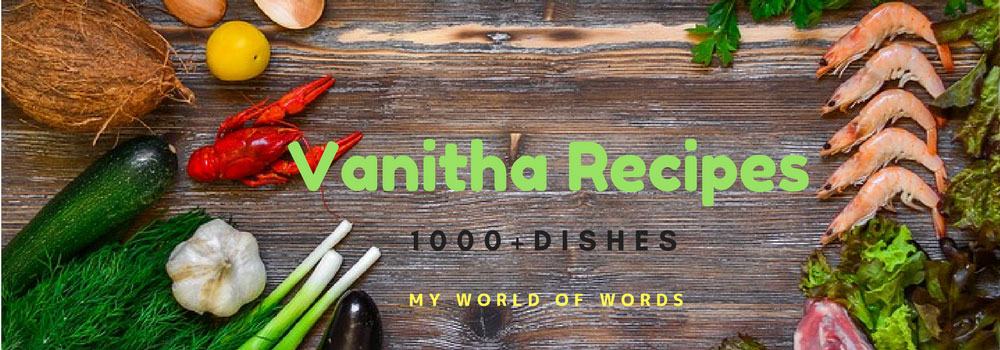
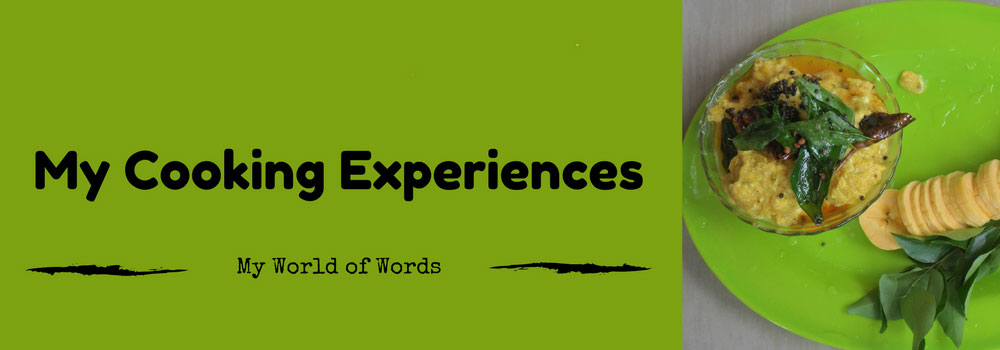


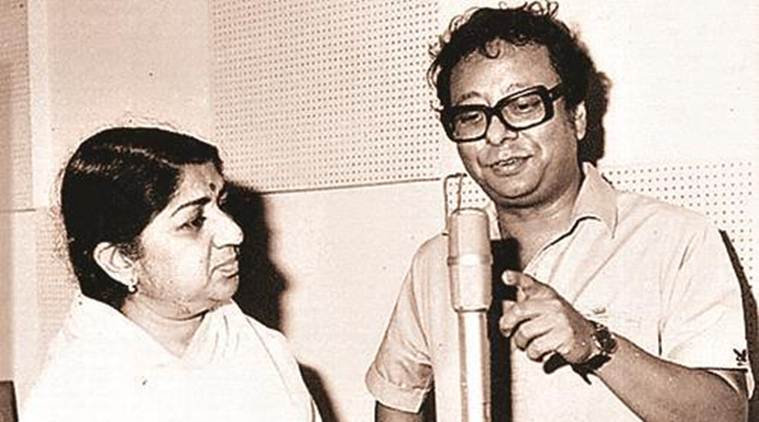
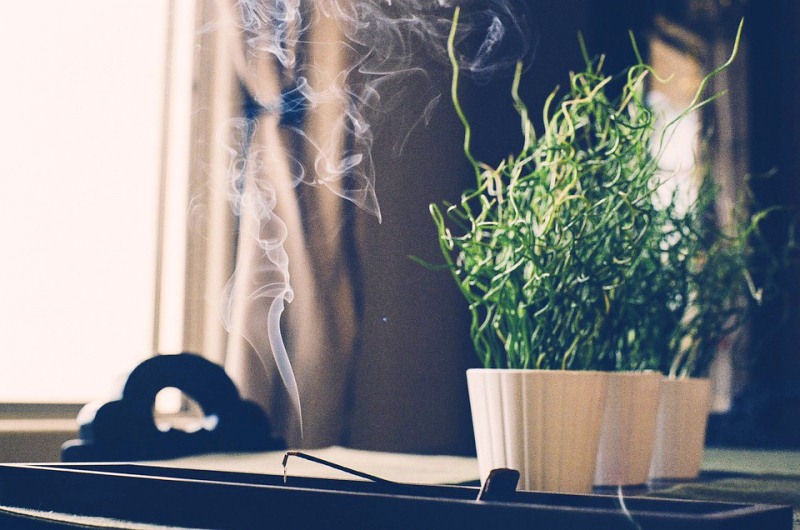
Recent Comments